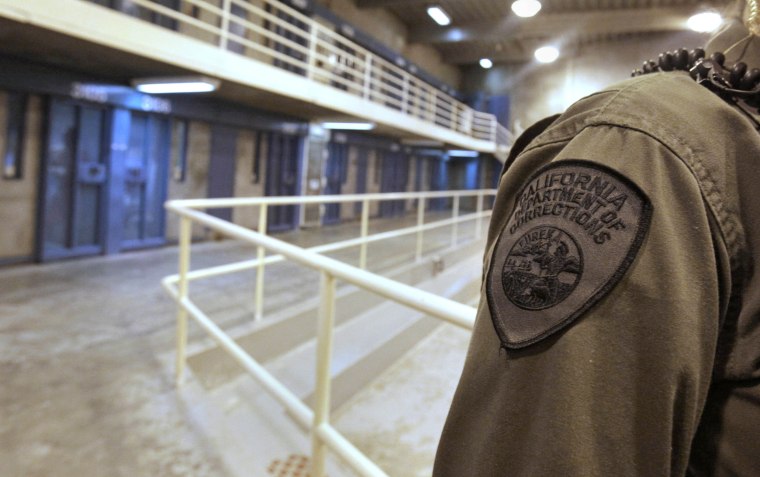California Department of Corrections staff members are now required to shave their facial hair, regardless of any religious or medical reasons they may have for keeping it. It’s a policy change that civil rights advocates say disproportionately impacts racial and religious minorities like Sikh and Black Americans.
Sikh American leaders say this will be an especially challenging mandate for their community members, many of whom grow out their hair and beards as tenets of their faith.
“They’ve essentially been put in a place of choosing between their job and having to shave even if they have a sincerely held religious belief or legitimate medical reason for not shaving,” said Harsimran Kaur, senior counsel at the advocacy group Sikh Coalition. “It’s really just steamrolling over these vulnerable minority communities,” she said.
Sikh Coalition and the ACLU Foundation of Northern California co-authored a letter to the Corrections Department on Thursday, urging its leaders to reconsider the blanket requirement.
A department representative told NBC News that the change, which went into effect on Feb. 1, is an effort to better comply with Covid safety measures like N-95 masking.
“Tight fitting respirator masks are legally required under workplace safety laws for certain functions in state prison operations, as well as for the safety and protection of the incarcerated population and other staff,” the representative said.
The department asserts it is working with employees who have religious or medical needs to find alternative solutions.
For Kaur, that’s not enough. Having spoken with Sikh peace officers now facing this choice, she said some haven’t gone back to work and “a lot of them are complying, but it’s under duress.”
“They’ve rolled out this blanket, very over-broad policy, that all peace officers must shave to wear N-95s,” she said. “But we know that there are alternative respirators out there that bearded people can wear safely to do their jobs … We think there’s a way to keep bearded people safe and not trample on their civil rights.”
The Sikh Coalition-ACLU letter also points to medical problems like pseudofolliculitis barbae, a skin condition caused by shaving that’s disproportionately present in Black men.
“Categorically denying such individuals reasonable medical or religious accommodations to maintain their beards, or rescinding such accommodations, risks violating federal and state law, and serves to severely limit access to employment for a multitude of minority communities by one of California’s largest public employers,” the letter said.
Other government bodies, like the U.S. military, have long histories of controversy when it comes to facial hair and religious garments.
The 1980s saw a tightening of rules across the armed forces that restricted many religious garments for service members. The U.S. Air Force only began allowing turbans and other religious garments in 2020. In 2022, a federal court ruled that the Marine Corps couldn’t force Sikh service members to shave their beards after a captain and three recruits who were pressured to do so filed a lawsuit.

